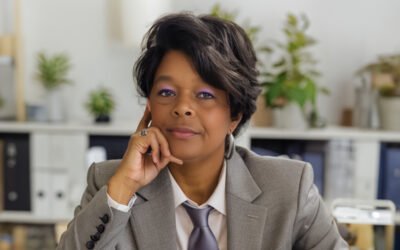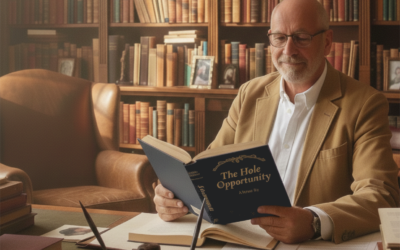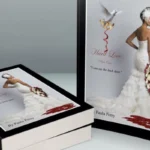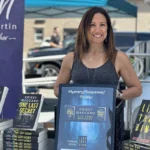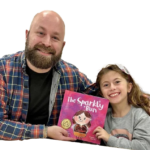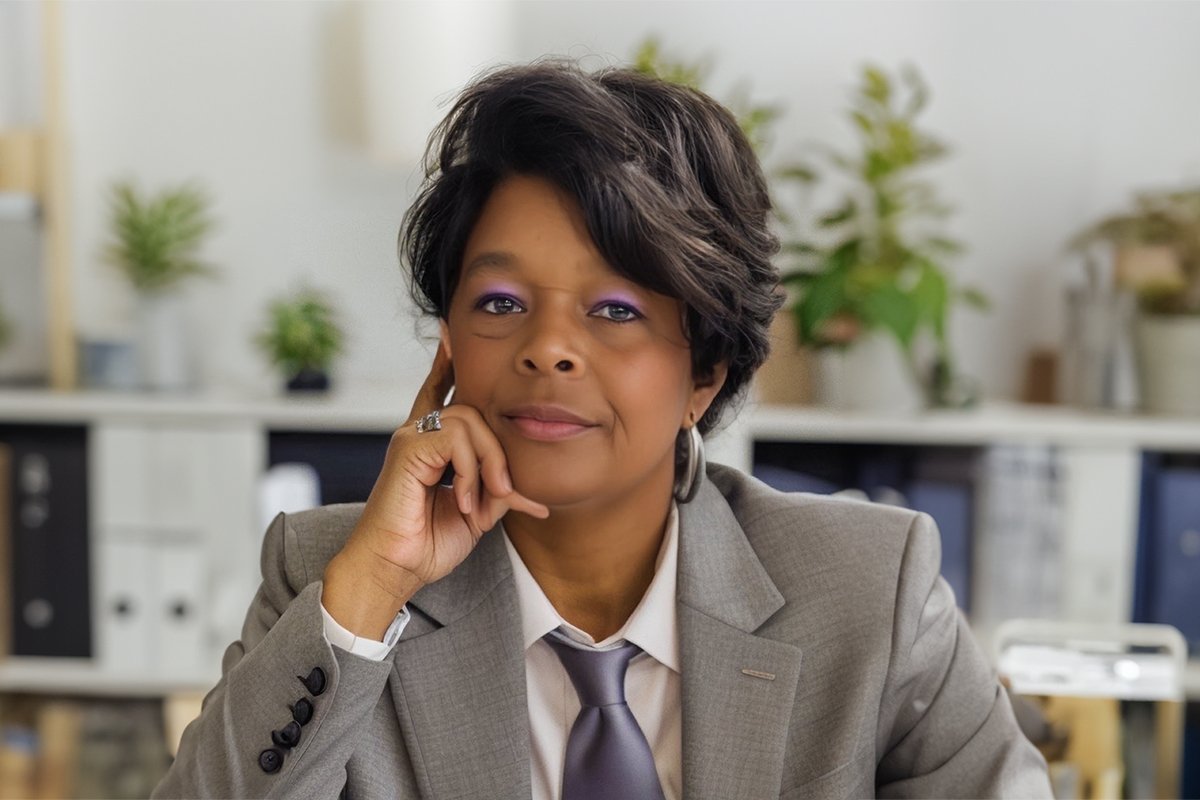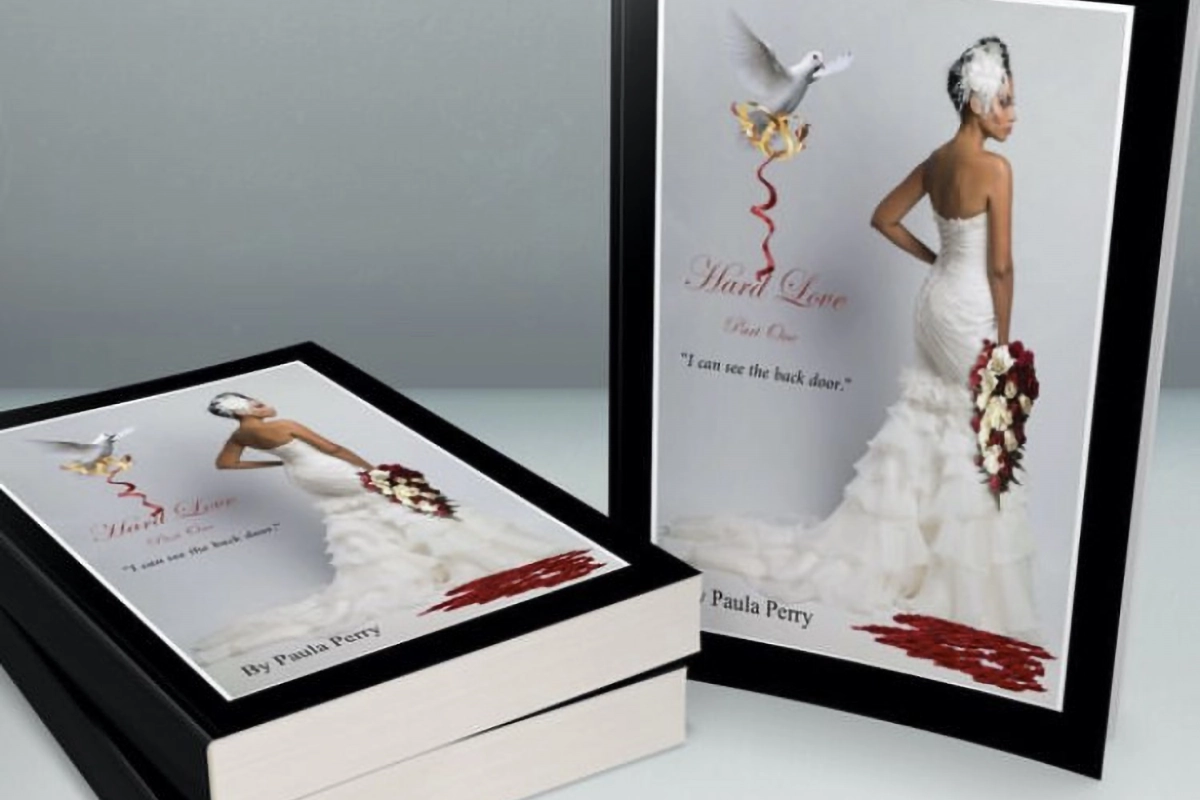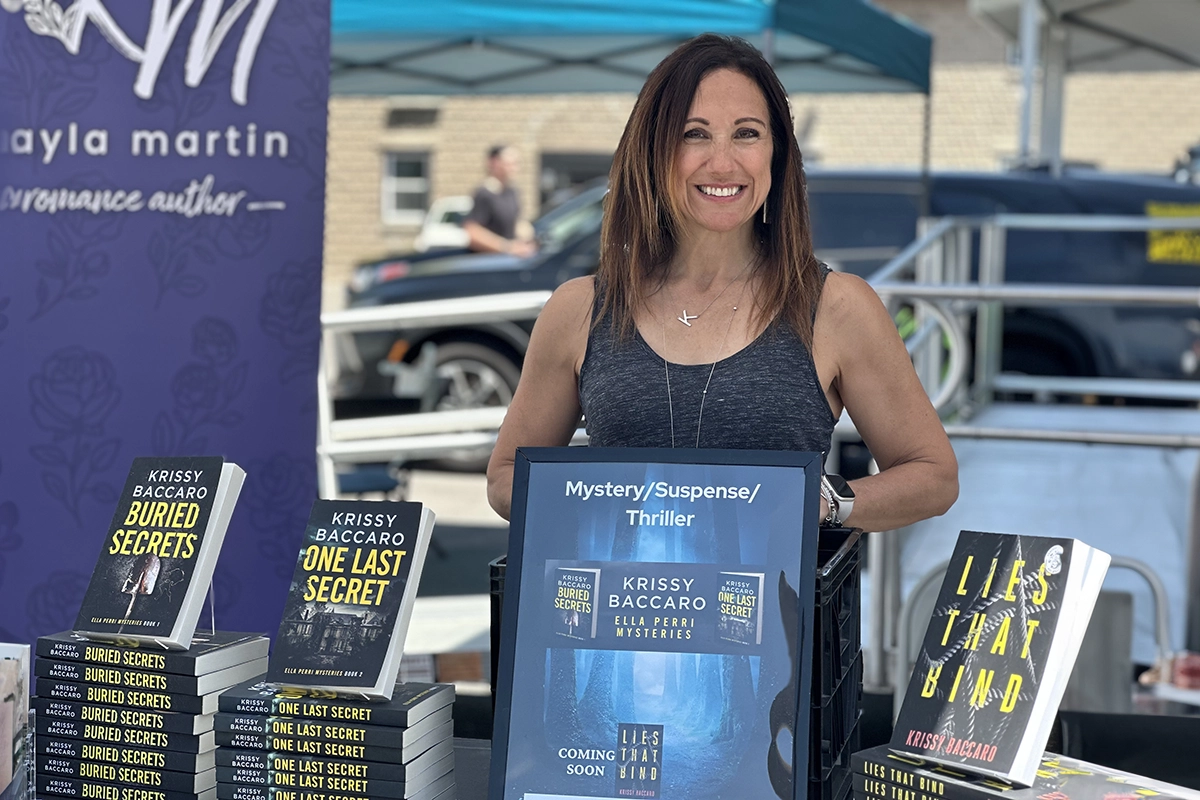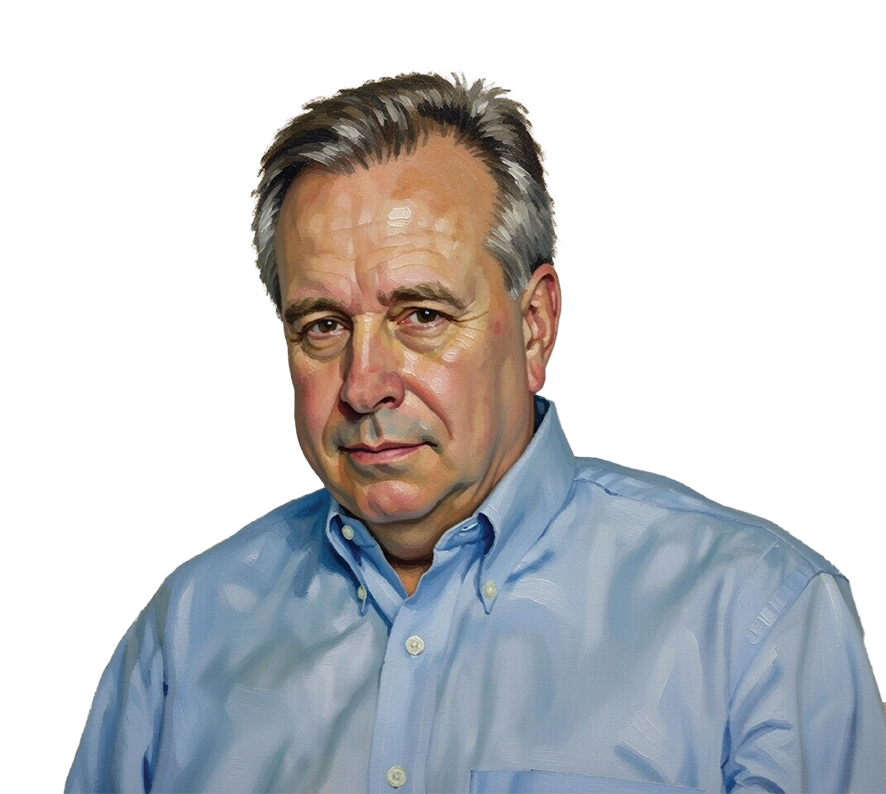Sally Rawhey Inspires With Her Poetic Voice And Artistic Vision
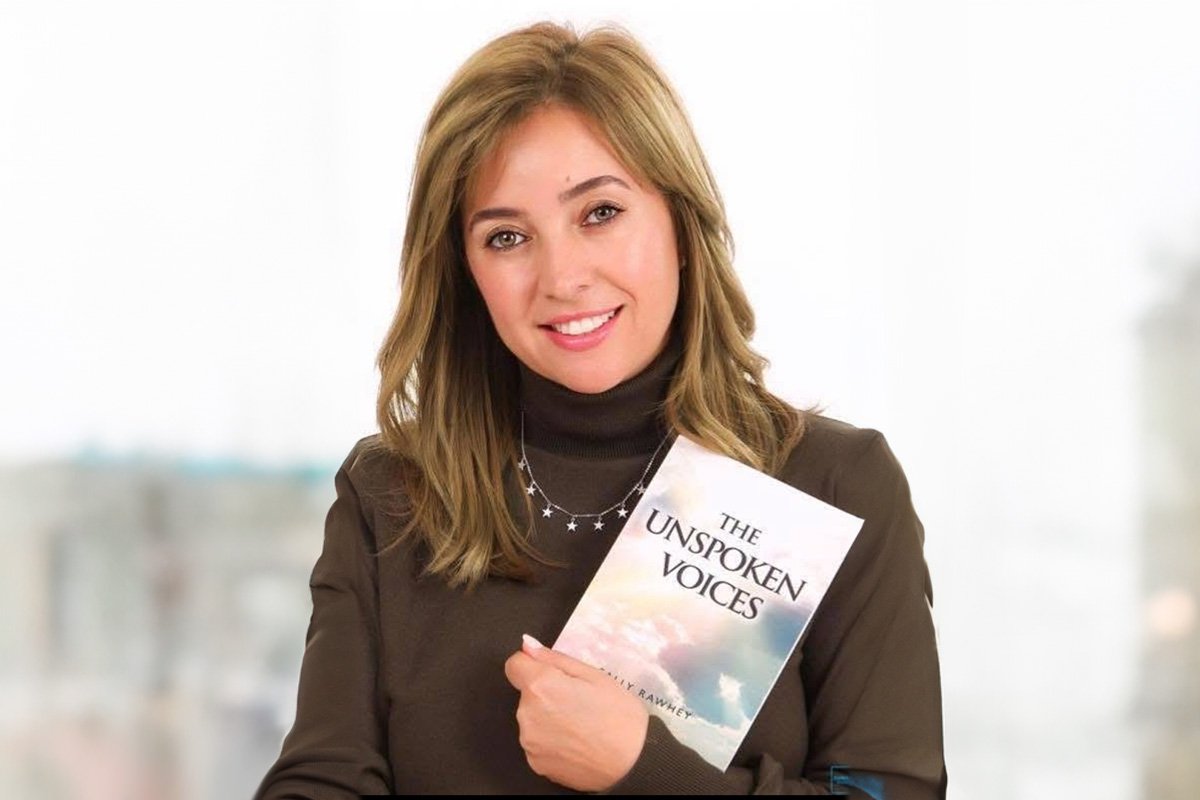
Photo: Sally Rawhey, award-winning poetess and creative visionary, transforms life into poetry, bridging emotions, love, and spirituality in her masterpieces.
Transforming Silent Emotions Into Resonant Masterpieces
Sally Rawhey discusses her poetic process, the universal language of love, her award-winning visual poetry films, and how her multidisciplinary career shaped her powerful, lyrical voice.
S ally Rawhey is a luminous talent whose words transcend the boundaries of poetry, film, and storytelling. Her artistic journey is as compelling as her written verses, marked by a career that has fused journalism, television, and scriptwriting into a singular, profound voice. As a poetess and a multidimensional creative, Sally crafts works that resonate deeply with the human soul, exploring themes of love, spirituality, and universal truths. Her exquisite poetry collections, including The Unspoken Voices, There, and Have You Seen God, are a testament to her ability to transform silent emotions into lyrical masterpieces that speak to the core of what it means to live and love.
At Mosaic Digest, we are proud to feature this remarkable artist, who has deftly bridged the worlds of poetry and visual storytelling. Her award-winning visual poetry films, praised on international stages from Los Angeles to Europe, highlight the unbounded creativity and passion she brings to her craft. Sally’s work embodies the rare ability to blend evocative lyricism with raw honesty, creating art that is both timeless and profoundly moving.
This exclusive interview offers intimate glimpses into the mind of a writer who sees poetry not merely as a literary form but as a way of life. Sally Rawhey’s perspectives on faith, inspiration, and the interplay of diverse creative disciplines reflect her remarkable approach to art. It is our honor to celebrate her voice in the pages of Mosaic Digest magazine and to share with our readers the depth and beauty of her work.
Sally Rawhey channels unparalleled artistry and lyricism, crafting poetry and visual works that illuminate the universal truths of humanity.
Your website notes you’ve worked across journalism, magazine editing, TV programmes, scriptwriting, ad copy and more. How have those varied experiences shaped your voice as a poet?
From a very young age writing poetry has been my passion. Poetry always seemed to find its way into my editorials, TV programs, even ads were often in verses to give depth to the product advertised. Poetry surfaced in any field of work I explored, adding my character and art to every creative job. The diversity of the work fields and the integration of poetry in all of them in different stages of my career created a belief within me that poetry is a way of life.
This merge between fields manifested lately when I wrote and directed poetic documentaries and won several awards in International Poetry Film Festivals: “Finalist” in the International Poetry film Festival in Los Angeles 2023,
Semi-Finalist, Short & Sweet Film Festival Essex, 2023,
Official Selection, 12th International Video Poetry Festival 2024 and other festivals in Europe and America.
In The Unspoken Voices you explore many “magical forms of love” — how do you balance lyricism with honesty when writing about such personal emotions?
Poetry happens when you mute the mind and let the soul speak the truth, then words flow from light and beauty morph into words before your sight. The Unspoken Voices was a journey past the hearts of the people who manifested divine beauty with an intensity that flooded the feelings into verses. I had no will to control the flow of the poems, they were sailed by love.
When you begin a new poem, do you start from a feeling, an image, a phrase — or by formal constraints (meter, rhyme, structure)?
All of the above, each poem has as I would say, a different “Parent”, it could be a feeling that spoke the truth into it, or an image that manifested into an emotion, or a word that pierced through and ignited a fire. But I also enjoy the game of words, experimenting with constraints and putting scattered feelings and meanings together into verses is like doing magic.
Many poets speak of “writer’s block” — how do you respond when inspiration dries up, or when a poem isn’t coming together?
A poem is a product of love and you can’t force love. I just leave it, let it be… and if it’s meant to exist it will materialize with a song that moves me, a walk in a park, after a long sleep or in any other setup. The timing is never expected with a poem, just like love.
Do you ever revise a poem drastically — changing tone, perspective or form — or do you tend to polish what comes first? Could you walk us through an example?
No, I don’t revise poems drastically, a poem to me is like a human being, it comes with its good and bad, I may retouch but changing much alters the poem’s truth that was granted at this divine moment. As per the example below:
Sailing
I am sailing
Past the walls of my dreams
Past the tears sunk in streams
From the greys to the blues
From heart battles to truce
Into paths flowered with hope
Into freedom from tie and rope
Nothing could stop a flowing heart
Nothing could anchor the soul from depart
Sailing to waters of peace and happiness
Remaining on shores of pain is madness
Two changes were made to this poem:
First, the Poetic technique of Alliteration, where words begin with the same consonant sound to give the line a flowing musical quality and stand out emotionally. Second, the word “could” that expresses possibility and hint at uncertainty was replaced by “can” to portray ability and confidence.
Past the walls of my dreams
Past the smiles sunk in streams
From the greys to the blues
From heart battles to truce
Into fields flowered with hope
Into freedom from tie and rope
Nothing can stop a flowing heart
Nothing can anchor the soul from departing
Sailing on waters of peace and happiness
Remaining on pillars of pain is madness
I believe, God’s love is universal, it is embedded in our DNA, encrypted in our souls. My spiritual poems are an attempt to shed light on the magnificence of all what God created, and it all exists in the word “love”.
You’ve published poetry collections and contributed to anthologies (e.g. Train River Poetry) — what do you see as the pros and cons of solo collections versus collaborative or themed anthologies?
I’ve published three books (The Unspoken Voices, There, Have You Seen God)
The first two were published by a British Publishing House and the last was self-published. These were a full-time project that I dedicated to long hours of writing and later had to find a publisher. However, once I finalized the deal with the Publisher things ran smooth and now my two books are distributed all over the world. The experience with self-publishing was more difficult, however it gave me the opportunity to fully understand the process of bringing a poetry book to life. With the anthology, the situation was different. I was chosen, the Train River Poetry Publishing House requested to add my work in their anthology which was a lovely opportunity that granted me great exposure along with many talented international poets.
What role does place (geography, setting, landscape) play in your work? Are there particular locales or environments that inspire you especially?
My workspace is a boat on a river, a bench in some park, my office desk or even at a supermarket as I stop when the words flow without permission on to me. My workspace is anywhere the feeling is born because its birth can not be delayed or postponed, I just let it breathe the words.
How do you engage with readers and critics (via reviews, readings, social media)? Has their feedback ever surprised or challenged you in unexpected ways?
I am very proud and honored to have a remarkable number of followers on Instagram and Facebook from so many different countries. I have had incredibly touching feedback from many people even from countries that I never imagined I’d reach. The most heart melting feedback came from children, who added my picture in their festival celebrations decoration.
Finally — what one piece of advice would you offer to other poets or authors hoping to publish a first collection or make their voice heard in today’s literary landscape?
I would like to tell them that you were gifted with this talent for a reason, you were created to use your poetic voice to reach people and enrich hearts. So, unleash your heart and let it write your truth. Your words will become other people’s words, when you succeed in tailoring what others feel but can’t express. And every time you succeed in doing that it’s like a portal of light that takes you to new dimensions. There are no limits to where your words can take you, in readers’ memories, in image, in performances; poetry lives across medium, design, films…etc. so spread your wind and fly, the sky is the limit.

